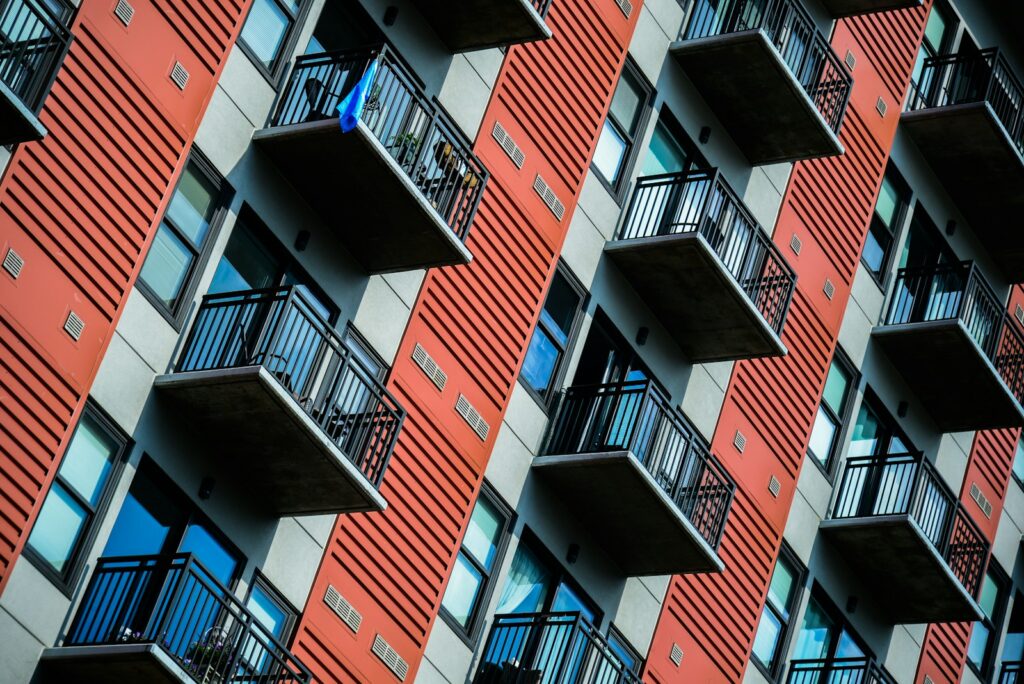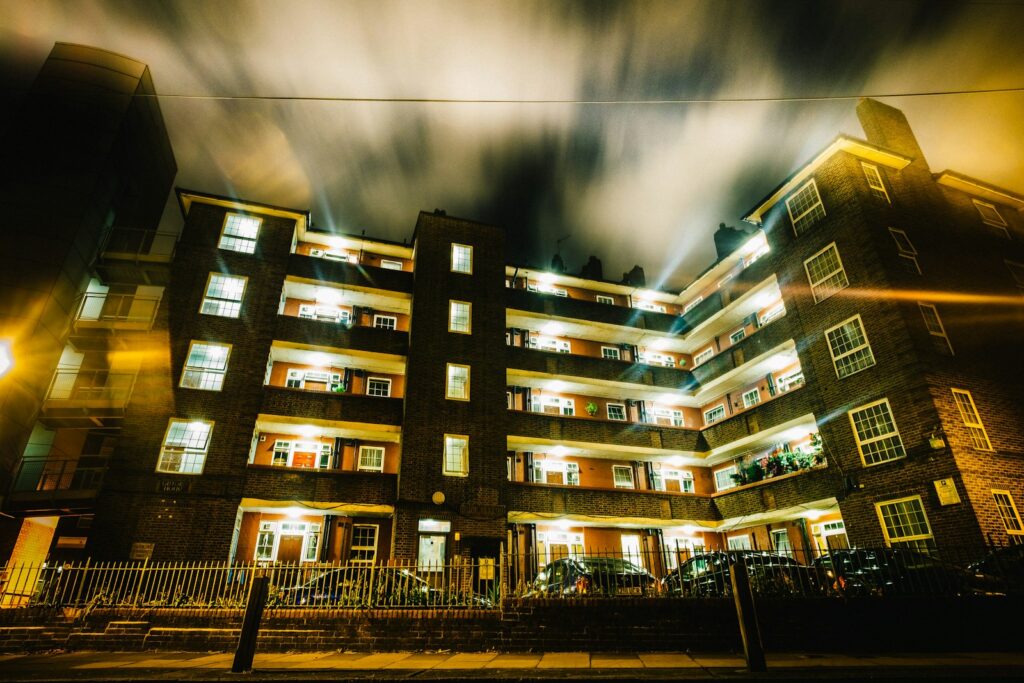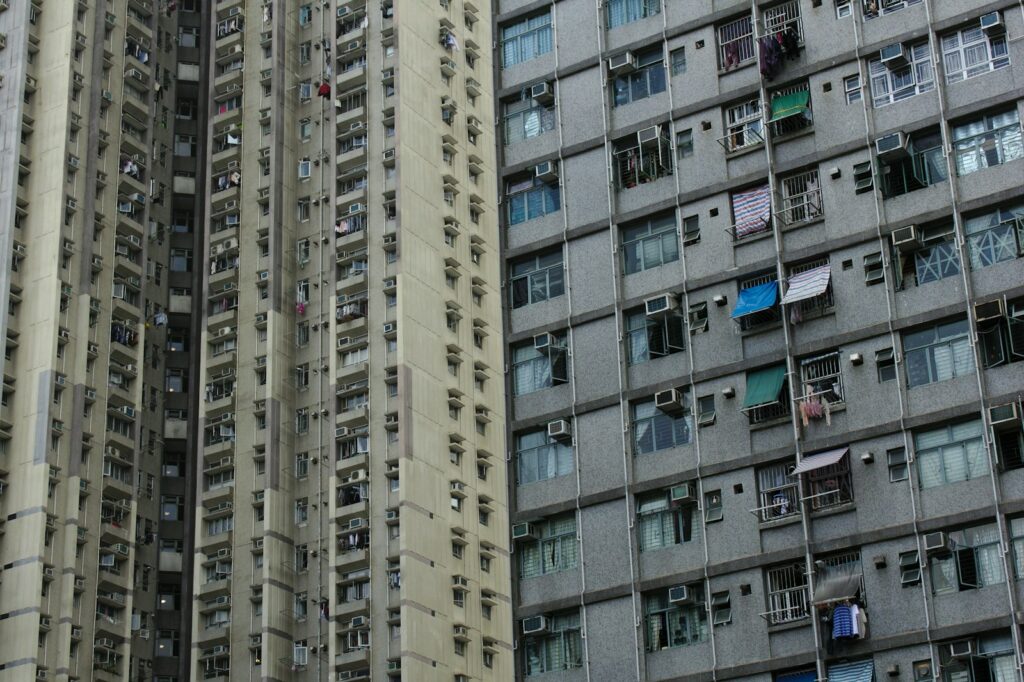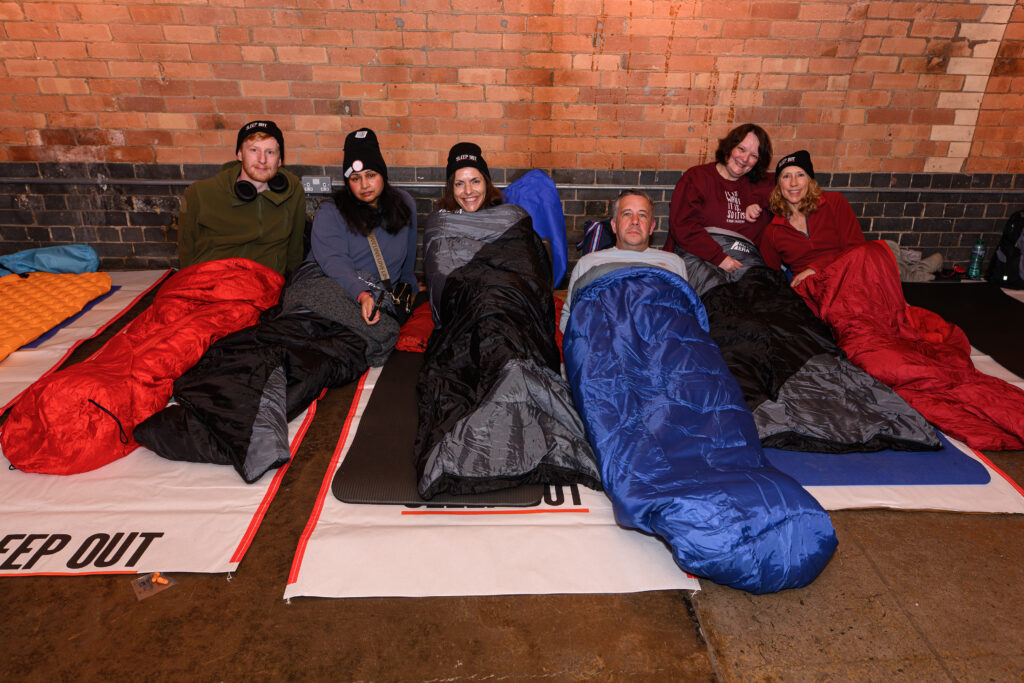When Birmingham City Council leader Ian Ward visited the Manchester Commonwealth Games of 2002, he left with one abiding thought.
‘Why can’t Birmingham do this?’
In just over three years his vision will finally happen, but the authority has been wracked with financial problems with some predicting that the Games could bankrupt them before they even reach the finish line.
Durban
The South African city of Durban was awarded the Games in 2015, with the Durban bid leader saying it will ‘accelerate the progress the city is making in construction and development, boosting growth and fast-tracking economic delivery’.
Two years later they would be stripped of hosting duties due to financial mismanagement.
Birmingham stepped in and it was now a new city’s turn to boast of the economic benefits of hosting the Games.
Ian Ward told NewStart that he expects the Games to give the city a lift in the region of half a billion pounds, as well as leaving Birmingham with an enviable housing and sports legacy.
‘We want to ensure everyone will look back post the Games and say yes, Birmingham changed for the better because of the Commonwealth Games 2022,’ he said.
Council investment to the Games will be significant, with the authority contributing 25% of the £750m total cost, with the government paying the rest.
However, auditors Grant Thornton issued the council with an unprecedented third Section 24 notice of the Local Audit and Accountability Act in March, which laid out the authorities precarious financial position.
To pay for the Games, the council have a £40m funding gap from their revenue account, and of their capital contribution of £145.1m, £19.7m is being diverted from other projects in the city.
Unpopular measures such as a hotel tax, airport levy, parking levy and new business rates have all been mooted as money generators to try and plug the gap for the council, which has led to criticism from Cllr Meirion Jenkins, one of the most outspoken critics of the Games.
‘If Birmingham considers itself a player on the world stage they should be able to stage an event like this,’ he says.
But like many others in the city, he is questioning how they can they afford hosting the Games without it severely impacting on services — and who will it benefit when it’s over?
Legacy
Artist’s impression of the £60m Aquatics Centre. Photo credit – Birmingham City CouncilLegacy is the buzzword of every major sporting event, and Birmingham hopes the £60m aquatic centre in Smethwick, which will be funded by nearby Sandwell Council, will provide residents of Birmingham with a world-class swimming facility for decades to come.
The building was approved by planners earlier this month but there were protests outside council offices from residents who objected to it being built on a 5.2-hectare park in the heart of a residential area.
They also said the centre will not be needed as there are already two popular swimming centres nearby, which will be closed.
Residents in Smethwick are some of the lucky ones, as since 2010, around one in five public swimming pools in the UK have closed their doors for good, not to be replaced by a new facility.
New Start visited Birmingham’s Castle Vale estate pool in December, which only stayed open after a resident’s charity stepped in after the council couldn’t afford to run it any longer.
Cllr Meirion Jenkins is unconvinced of the sporting legacy that the Games will bring and says it would have made more sense to keep some of the more local public pools open, claiming the new pool in Smethwick will only benefit the ‘elite’.
‘We are diverting funds away from the ordinary man and woman,’ he says.
‘Although some people on the West side of Birmingham will be able to use this pool — we’re building an aquatic centre that we won’t be able to use when more local pools are closing.’
In response, Cllr Ward said the council has invested in new pools, and the Smethwick Aquatics Centre is not ‘a question of either/or’.
‘The responsibility of myself and elected members of the council is not to look inwards at council services, important though they are,’ he said.
‘We’ll drive out improved civic pride as well as having physical activity and well-being legacy,
‘It’s our responsibility to act as a city as a whole and for the 1.1 million people of Birmingham.
‘The Commonwealth Games legacy we will leave behind will be truly transformational,’ he added.
Regeneration games
Etihad Stadium Manchester. Photo Credit – PixabayThe question of physical activity legacy following the Glasgow Games of 2014 has been disputed.
A Scottish parliament committee report in 2017 said they saw ‘no current evidence’ of an active legacy from the Games.
It also said any evidence of a relationship between the hosting of a major sporting event and improving the physical activity levels was ‘inconclusive.’
However, the Manchester Games of 2002 are regarded as one of the most successful regeneration projects in history.
Vast swathes of industrial wasteland to the east of the city centre have been transformed, and the area, now called SportsCity, boasts a velodrome, squash centre, athletics ground and the Etihad Stadium.
Unlike Birmingham, the games in Manchester came at a time of buoyant central government spending in infrastructure, and the area has also greatly benefitted from Abu Dhabi’s involvement in Manchester City Football Club.
Dr Mark Panton, an expert in stadium-led regeneration, said a clear focus from the outset ensured a successful Games, and legacy.
‘Manchester had a specific reason in mind to make the bids for these “mega” sporting events, in order to regenerate the eastern area of the city,’ he says.
‘Manchester thus developed a senior group of people that were able to put their knowledge and resources together in order to produce a well thought through plan that had an end-game in mind.’
Meanwhile, in Birmingham, the cash-strapped council has been preoccupied fighting fires, with the Grant Thornton report saying Birmingham City Council faces a ‘unique level of one-off risks’, and if three of five high profile projects were to worsen or go over budget, it could cause catastrophic financial problems for the city.
These include the Commonwealth Games, a long-running equal pay dispute that has led the council to pay out over £1bn in damages to workers and the Paradise Circus regeneration scheme, which has seen costs spiral.
Alongside continued central government cuts, it’s forced the council to bleed into its reserves, spending over £30m last year alone. Ian Ward had previously called it ‘the most challenging period in Birmingham City Council’s history, which led many in the city to ask why they got involved with the Games in the first place.
Future
Artist’s Impression of the Perry Barr Athletes Village. Photo credit – Birmingham City CouncilThey’ll also have to borrow heavily to build the Perry Barr athletes village, which is at the heart of the Game’s housing legacy and will be renovated after 2022 for 1,400 new homes.
In total, the Perry Barr project will cost £370m, with the government funding £143m and the council borrowing £227m against future sales. Cllr Jones says it’s a risky strategy in the current climate.
‘You’re left thinking “What could possibly go wrong?”‘ he says.
‘The council is always in line to be the guarantor of last resort, which makes me nervous.’
‘An uplift in the property market could make this a good transaction, or it could be the opposite, it’s essentially a speculation on the property market.
‘If it doesn’t go well the poor old taxpayer will pick up the tab. It’s not the council’s job to speculate on the housing market.’
There have also been questions over who will be able to afford to live there once the Games is over. Currently, just 22% of the homes will be classed as ‘affordable’, far below Birmingham City Council’s usual requirement of 35% for new developments.
‘It’s short of what’s required,’ admits Cllr Ward.
However, he argues that if this scheme were not being delivered by the council using public money, the share of affordable homes would have been much lower.
‘This shows the positive influence the council is having in the delivery of as many affordable homes as possible,’ he says.
Cllr Ward believes demand will far exceed supply and claims that the Athletes Village will be able to support some of the thousands of families who have moved from London to Birmingham in recent years because of quality of life.
It’s a point which perhaps underlies the worries of everyday Birmingham residents, who wonder who will benefit once the 2022 Games are over.


















Leave a Reply